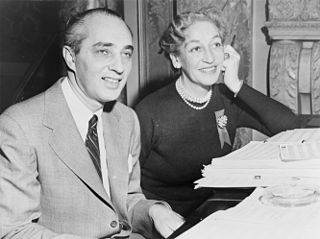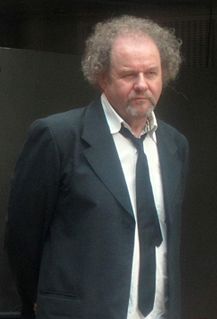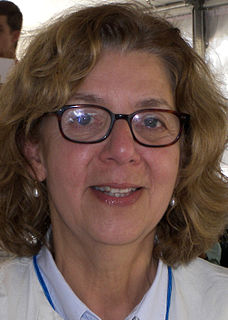A Quote by Dorothy Fields
I began to be impressed by what made a good book-how you needed to have a sensible story, a plot that developed, with a beginning, a middle, and an end that would tie everything together.
Related Quotes
I wrote a book called 'Doll Bones', which was another middle-grade book, and when I was writing it, I needed a place in the U.S. that made bone china. And there are only two places in the U.S. that make bone china. They made it by grinding down actual cow bones. It was a plot point. It was a creepy doll book.
A love affair is like a short story--it has a beginning, a middle, and an end. The beginning was easy, the middle might drag, invaded by commonplace, but the end, instead of being decisive and well knit with that element of revelatory surprise as a well-written story should be, it usually dissipated in a succession of messy and humiliating anticlimaxes.
I don't have any one way to tell a story. I don't have any rule book of how it's supposed to be done. But I've always said that if a story would be more emotionally involving told, beginning, middle, and end, I'll tell it that way. I won't jigsaw it, just to show what a clever boy I am. I don't do anything in my script just to be clever.
A Thousand Pardons began at the beginning. I wanted it to be one continuous, almost breathless kind of story. In order to do that, it's really hard not to begin at the beginning. There's such a chain of consequence to everything that happens to main characters - it's very hard to break it apart and still be able to hold the plot in your head.
One of the characteristics of the university is that it is made up of professors who train professors, or professionals training professionals. Education was this no longer directed toward people who were to be educated with a view to become fully developed human beings, but to specialists, in other that they might learn how to train other specialists. This is the danger of "Scholasticism," that philosophical tendency which began to be sketched at the end of antiquity, developed in the Middle Ages, and whose presence is still recognizable in philosophy today.
With a novel, which takes perhaps years to write, the author is not the same man he was at the end of the book as he was at the beginning. It is not only that his characters have developed-he has developed with them, and this nearly always gives a sense of roughness to the work: a novel can seldom have the sense of perfection which you find in Chekhov's story, The Lady with the Dog.
Man no longer lives in the beginning--he has lost the beginning. Now he finds he is in the middle, knowing neither the end nor the beginning, and yet knowing that he is in the middle, coming from the beginning and going towards the end. He sees that his life is determined by these two facets, of which he knows only that he does not know them
Keep a diary, but don't just list all the things you did during the day. Pick one incident and write it up as a brief vignette. Give it color, include quotes and dialogue, shape it like a story with a beginning, middle and end—as if it were a short story or an episode in a novel. It's great practice. Do this while figuring out what you want to write a book about. The book may even emerge from within this running diary.
I think one is naturally impressed by anything having a beginning a middle and an ending when one is beginning writing and that it is a natural thing because when one is emerging from adolescence, which is really when one first begins writing one feels that one would not have been one emerging from adolescence if there had not been a beginning and a middle and an ending to anything.




































